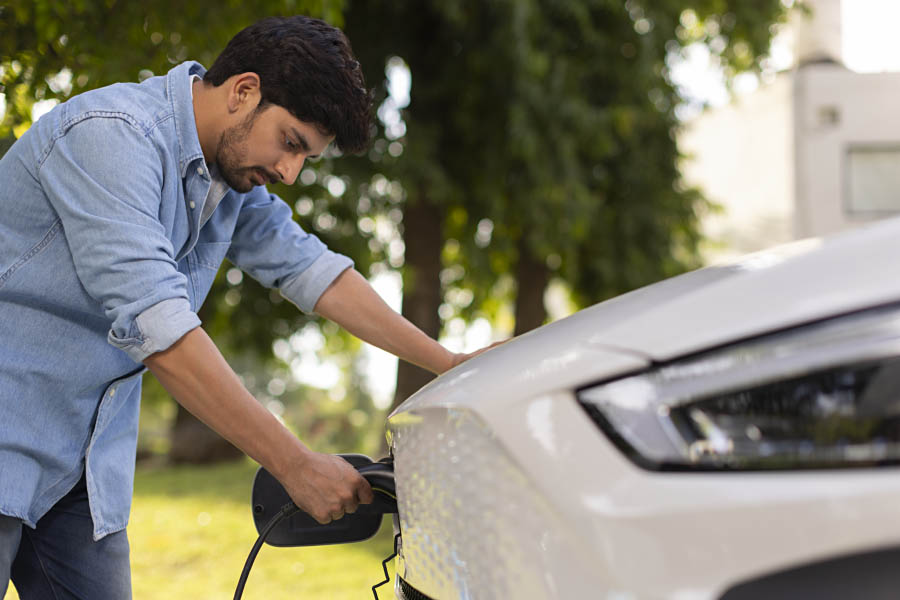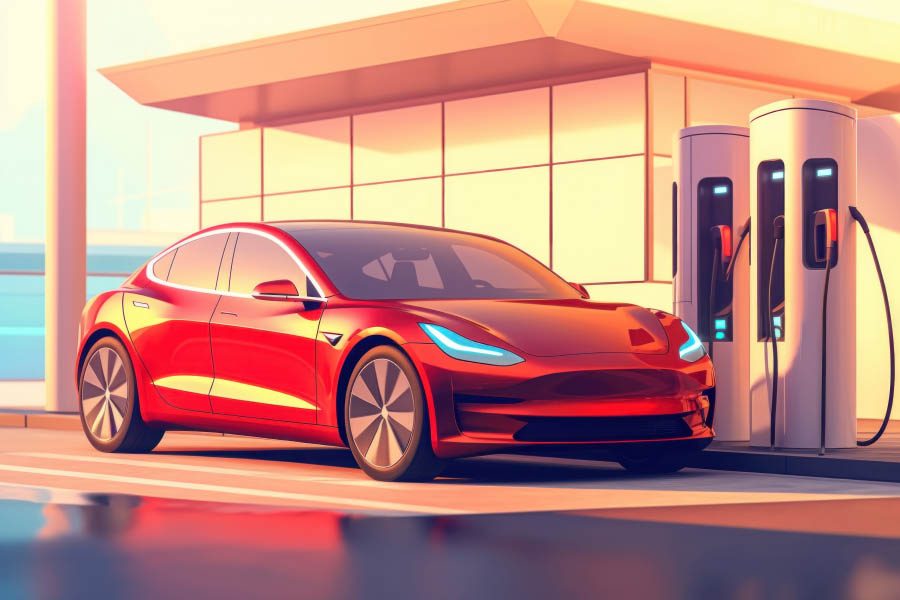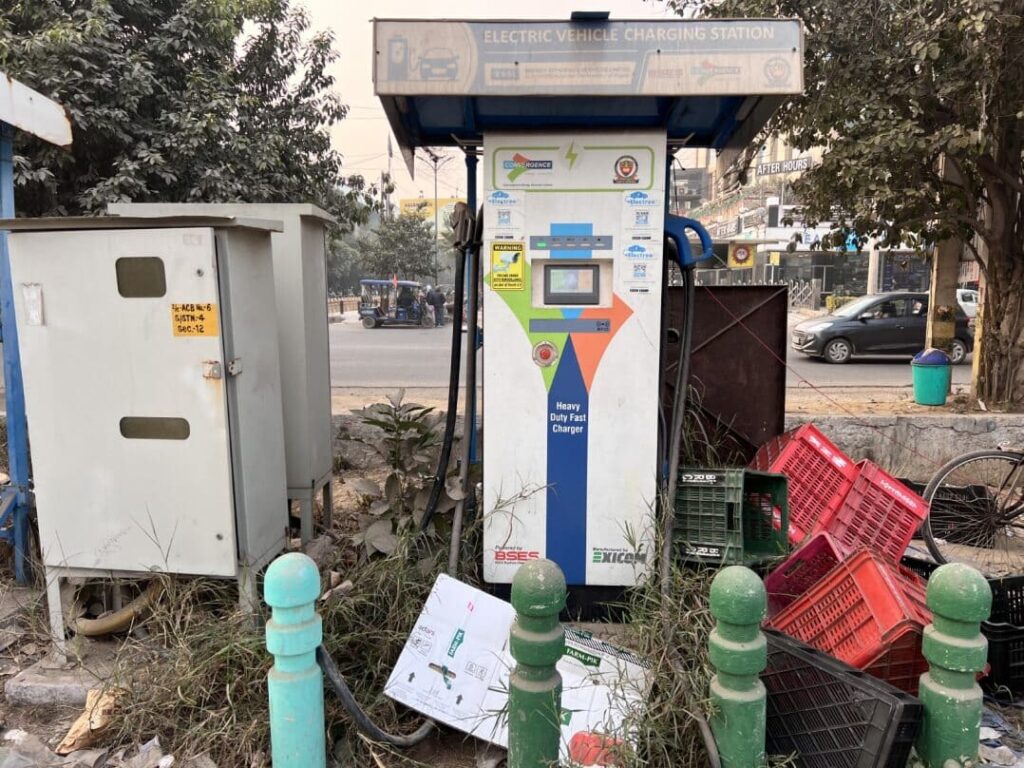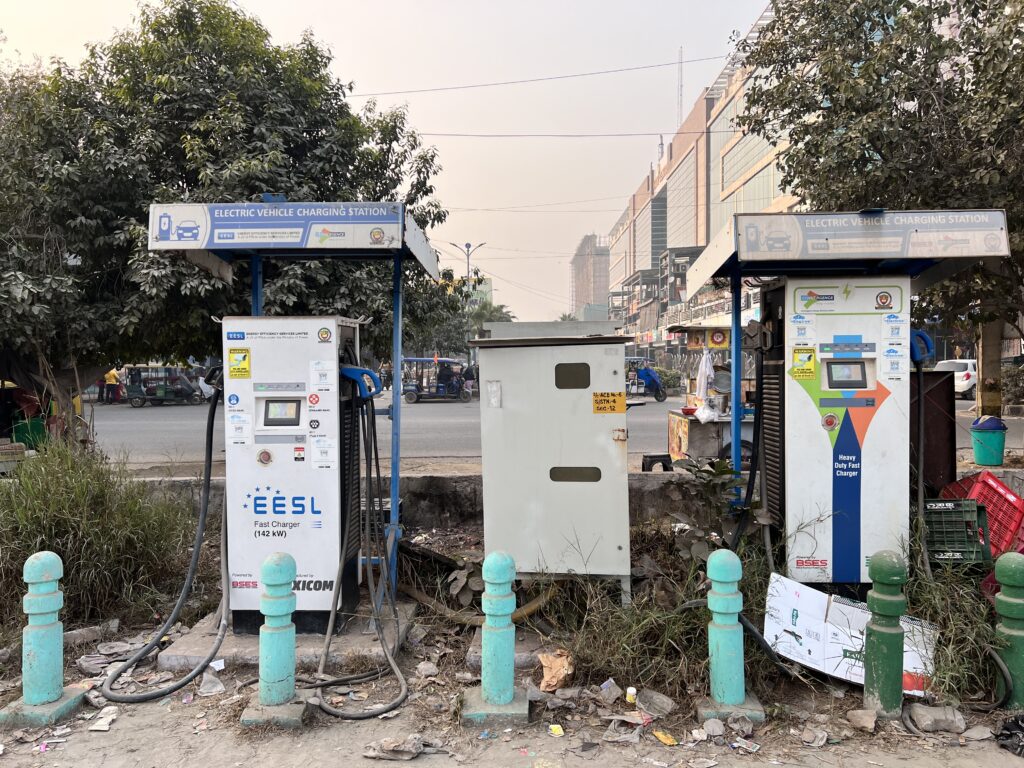Menu
Menu

As of 2024, companies are heavily investing in the Electric vehicles sector, be it EV manufacturing, component manufacturing, charging stations or any other infrastructure support. The only reason behind such an investment spree is the “Future Scoop”. Big businesses and investors bet on the upcoming changes and technologies and look at least 10 years ahead, keeping them updated and fueled with information about this dynamically changing market.
So, if you want to catch up, a great way is to stay aware of the future and take calculated measures. If you are searching for the EV charging station business in India and its profitability, you’ve landed on the right blog post.
This article will talk about setting up a charging station, its future, and how sustainable this charging station business is.

According to a report from CII (Confederation of Indian Industry) in India, we need to have 1 charger for every 40 electric vehicles to attain an ideal EV adoption in India and according to this calculation, our target is to install a total of 13 lakh EV chargers in India by 2030.
But right now, we only have 12000 charging stations in India (according to the report of PIB India.) So, there’s a huge demand and supply gap that needs to be filled in the upcoming years, which means that time is less and requirements are high.
Market Leaders in EV Charging:
Tata Power has a monopoly with almost 60% of the market capitalization. It might sound like EV charging is one-sided, but this market has a vast scope and is enough for everyone. They have 2 most popular EV chargers, i.e. Tata EZ Charge 3.3kW and 7.2kW rated chargers; they also deal in DC fast chargers with higher ratings.
This is a new-age startup born in 2020 whose growth story is worth appreciating. Statiq is focused on setting up higher-rating DC fast charging stations. They are bringing innovation and new ideas to the EV charging station market.
They are not Indian CPOs, but with great market connections and quality products, the company is moving, growing, and expanding rapidly in the electric vehicles market.
Some other respected names are Exicom, ABB, Fotum, Glida, etc.

The India Electric Vehicle (EV) Charging Market was valued at USD 449.06 million in 2022 and is projected to reach USD 5695.6 million by 2030, with a compound annual growth rate (CAGR) of 37.7% from 2023 to 2030.
The rapid adoption of electric vehicles has triggered the need for an efficient EV charging infrastructure, making it a lucrative business opportunity.
According to industry reports, the EV market is expected to reach a staggering 53 million units by 2030. This translates to a surge in demand for conveniently located and efficient charging stations.
The answer to whether the EV charging business is profitable is a resounding yes, but with some nuances. Here’s why:

While the future looks bright, there are challenges to consider:
Strategies for Success
Here are some key strategies to ensure success in the EV charging business:

The EV charging business in India is poised for a remarkable journey. With a burgeoning EV market, government support, and innovative business models, this sector holds immense potential for profitability. As we collectively shift towards a sustainable future, investing in EV charging infrastructure presents a compelling opportunity to be a part of this electrifying revolution.
© 2024 Massive Mobility Private Limited. All rights Reserved